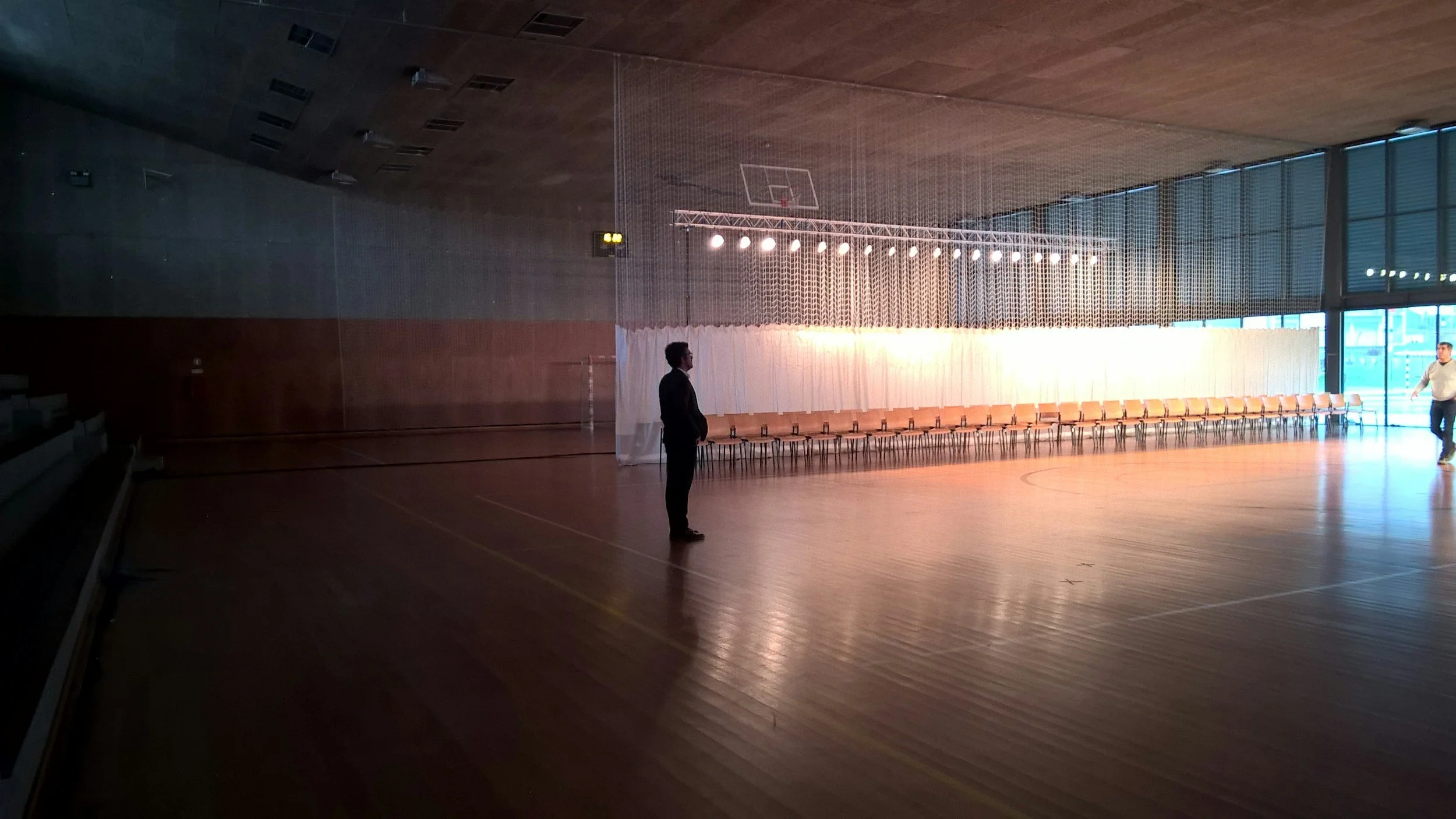The Immense Power of a Coach
How a viral coaching meltdown should encourage all of us to work on ourselves.
A few weeks back, I came across an article about a girl’s high school basketball coach who, in a moment of anger, pulled his player’s ponytail in a very aggressive manner.
Without any context whatsoever, it was bad. There just isn’t a world where it’s remotely acceptable for a coach to treat a player like that, let alone a high school girl.
On Threads, I commented on the article, and as a basketball coach myself, I said a version of what you just read above, but added, “I feel bad for anyone who’s had to play for him.”
The next day, I came across a similar article on an Upstate, NY subreddit, and for the first time, read the coach’s name, Jim Zullo.
I paused and thought, “Hold up…”
Jim Zullo was a basketball coach from Upstate, NY. He’d been coaching in the area for decades and was regarded as a highly respected coach in the area.
I googled his name and thought, “No freaking way… I’ve played for this man!”
Coach Zullo was the co-founder of the Greg Koubeck Camp in Brant Lake, a summer basketball camp I spent many summers at.
I can’t say I remember anything specific about his coaching style, but even as a 38-year-old man, the sight of him made me remember he was one of those coaches who you didn’t want to mess around with.
I hadn’t thought of him in decades. I was probably one of the thousands of players this man has coached in his career. And while my memories of him were long gone, his viral hair-pulling incident made me think of the incidents between players and coaches that would never be recorded, shared, or even believed if a kid were to share them with anyone else.
As coaches, we have immense power. Not just in the development of kids on the court, but also in the way our kids view adults as a whole.
I still remember a baseball coach who believed in me enough to make me the lead-off batter on my Little League baseball team. This was a huge vote of confidence in an area where my confidence was non-existent.
I also remember a basketball clinic when things started to click. During a 1-on-1 tournament, I rattled off 20-something wins within a short time period, a number that even surprised me. When a coach asked us in front of camp who had the most wins, I proudly told him my number, and his response was, “No, you didn’t.” I was so embarrassed that I made up a lower number that was in line with what other kids had said.
I don’t remember everything, but I remember the feelings I had in sports. I remember the supportive coaches, the angry coaches, and then I look at my athletes and realize they’re going to remember me for decades to come. How can I use this power for good?
The first thing we should do as coaches is remove ourselves from the equation.
Too often, coaches bring their emotions to the table when working with kids. “Nobody’s listening to me!” “That wasn’t the play I drew up!”
Sports are emotional. I’ve sat on the sidelines, shaking my head at the decisions my players make on the court. This is an opportunity to look at how we’re communicating our coaching philosophies to the only audience that matters: the one in front of us.
It doesn’t matter how smart the game plan is. If your current athletes don’t have the ability to execute, then it’s your responsibility to find a different way forward.
I was a talented Track & Field athlete, and while jumping came naturally to me, I also worked extremely hard to get better. During my first year as a coach, I couldn’t comprehend how I’d spend an hour working with kids on their form only to see all of that work evaporate the second we got to a Track meet.
Every kid is different, and sure, watching somebody not grasp their potential is frustrating, but at no point should we center ourselves in their struggles; rather, it’s our job to stand by their side, see what they see, and find ways to help them see the potential you see in them.
As I write this, Jim Zullo is facing second-degree harassment charges stemming from his hair-pulling outburst. Now, as a coach, I hope you don’t need any additional motivation other than the reward of being a great role model, but let my former coach serve as an extreme example of what can happen when you’re unable to check your emotions.
These kids just want to play. Even at the state level of high school, kids are looking to build experiences in the sport they love, and it’s our responsibility to protect that.
I believe in the power of sports. Basketball has taught me how to operate within a team. Track and Field has taught me how small, intentional steps lead to large, meaningful accomplishments. Without sports, I would have struggled to find purpose in school and likely would have struggled to find purpose in my future.
Again, coaches have immense power, so if we’re going to ask our athletes to improve their game, we need to be able to do the same.
